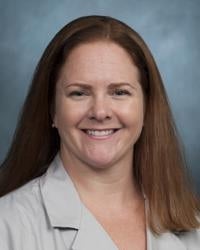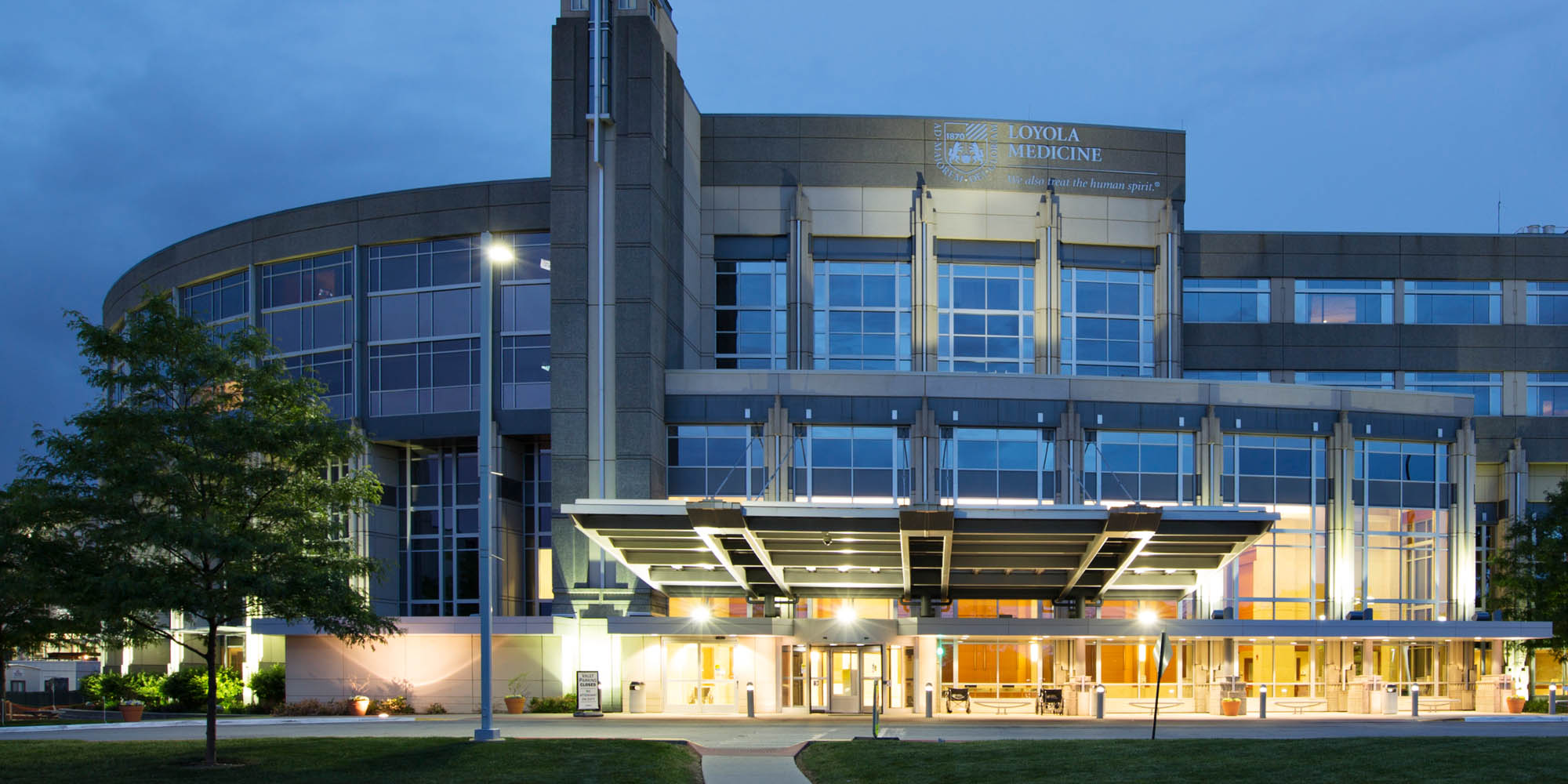
Susanna Coers Byram, MD, PhD
Anesthesiology, Critical Care Medicine
Provider Groups
Loyola Medicine Physician
Loyola Physician Partners
Primary Contact
888-584-7888
Accepting New Patients
Provider Groups
Loyola Medicine Physician
Loyola Physician Partners
Primary Contact
888-584-7888Services & Specialties
Areas of Specialization
- Anesthesiology
- Critical Care Medicine
Locations & Contact
Primary Location
Loyola University Medical Center
2160 S First Ave
Maywood, IL 60153
Edward Hines Jr Veterans Administration Hospital
5000 S 5th Ave
5000 S 5th Ave
Hines, IL 60141
About
Academic Title
Associate Professor
Leadership Title
Director of Research
Ages Seen
Additional Resources
Education & Certifications
Education
Education:
University of Chicago Division of Biological Sciences Pritzker School of Medicine
(2009)
Residency:
Loyola University Medical Center
(2013)
Fellowship:
McGaw Medical Center of Northwestern University
(2014)
Board Certifications
Anesthesiology, Anesthesiology, American Board of (2014)
Critical Care Medicine, Critical Care Medicine, American Board of Anesthesiology Subspecialty (2014)
Provider Groups
Loyola Medicine Physician
Loyola Physician Partners
Publications
- Developing a Roadmap for a Competency-Based Point-of-Care Ultrasound Education Program. Parker, E.; Totura, W.; Majewski, M.; Mukherji, J.; Tetteh, E.; Byram, S.; The journal of education in perioperative medicine : JEPM
- Progressive hippocampal senescence and persistent memory deficits in traumatic brain Injury: A role of delayed testosterone. Exline, J. E.; Volyanyuk, M.; Lotesto, K. M.; Segismundo, A. B.; Byram, S. C.; Foecking, E. M.; Brain research
- Long-term sensorimotor changes after a sciatic nerve block with bupivacaine and liposomal bupivacaine in a high-fat diet/low-dose streptozotocin rodent model of diabetes. Byram, S. C.; Lotesto, K. M.; Volyanyuk, M.; Exline, J. E.; Sager, E. A.; Foecking, E. M.; Frontiers in anesthesiology
- Testosterone treatment restores vestibular function by enhancing neuronal survival in an experimental closed-head repetitive mild traumatic brain injury model. Foecking, E. M.; Segismundo, A. B.; Lotesto, K. M.; Westfall, E. J.; Bolduan, A. J.; Peter, T. K.; Wallace, D. G.; Kozlowski, D. A.; Stubbs, E. B.; Marzo, S. J.; Byram, S. C.; Behavioural brain research
- Distinct neurotoxic effects of select local anesthetics on facial nerve injury and recovery. Byram, S. C.; Bialek, S. E.; Husak, V. A.; Balcarcel, D.; Park, J.; Dang, J.; Foecking, E. M.; Restorative neurology and neuroscience
- Bupivacaine increases the rate of motoneuron death following peripheral nerve injury. Byram, S. C.; Byram, S. W.; Miller, N. M.; Fargo, K. N.; Restorative neurology and neuroscience
- Immune-mediated neuroprotection of axotomized mouse facial motoneurons is dependent on the IL-4/STAT6 signaling pathway in CD4(+) T cells. Deboy, C. A.; Xin, J.; Byram, S. C.; Serpe, C. J.; Sanders, V. M.; Jones, K. J.; Experimental neurology
- CD4+CD25+ regulatory T cells and CD1-restricted NKT cells do not mediate facial motoneuron survival after axotomy. DeBoy, C. A.; Byram, S. C.; Serpe, C. J.; Wisuri, D.; Sanders, V. M.; Jones, K. J.; Journal of neuroimmunology
- Role of the immune system in the maintenance of mouse facial motoneuron viability after nerve injury. Jones, K. J.; Serpe, C. J.; Byram, S. C.; Deboy, C. A.; Sanders, V. M.; Brain, behavior, and immunity
- CD4-positive T cell-mediated neuroprotection requires dual compartment antigen presentation. Byram, S. C.; Carson, M. J.; DeBoy, C. A.; Serpe, C. J.; Sanders, V. M.; Jones, K. J.; The Journal of neuroscience : the official journal of the Society for Neuroscience
- Natural killer cells do not mediate facial motoneuron survival after facial nerve transection. Byram, S. C.; Serpe, C. J.; Pruett, S. B.; Sanders, V. M.; Jones, K. J.; Brain, behavior, and immunity

